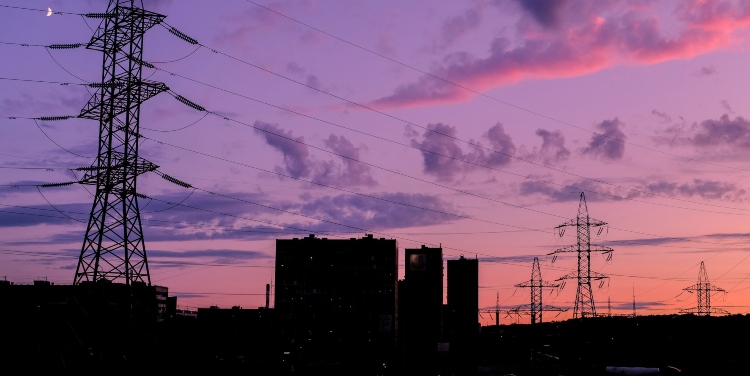Power outages are more than just inconvenient interruptions to our daily routines; they can significantly impact various aspects of our lives.
From disrupting communication and work to compromising safety and comfort, power outages highlight our dependence on electricity and the vulnerabilities that come with it. However, there is a way to combat that, and we’ll discuss that later in this post, so stick around.
What Are Power Outages?
Power outages are essentially where there is no access to power in your particular area. They can stem from various causes, ranging from severe weather conditions such as storms, hurricanes, and lightning strikes to equipment failures, accidents, and even deliberate actions.
While some outages are brief and localised, others can be prolonged and affect entire regions. Understanding the common causes and frequency of power outages can help communities and individuals prepare and respond effectively.
The Impact it Can Have on Digital Communication and Connectivity
In today’s digital age, staying connected is crucial for both personal and professional reasons. Power outages disrupt communication channels, rendering phones, internet, and other communication devices useless.
This lack of connectivity not only hampers social interactions but also affects businesses, emergency services, and remote work capabilities, highlighting the need for alternative communication strategies during outages.
The Safety Concerns During Power Outages
Power outages pose safety risks, particularly in residential and commercial settings. Without electricity, essential safety systems such as lighting, heating, and security alarms may fail, increasing the likelihood of accidents, burglaries, and other emergencies.
Additionally, individuals reliant on medical equipment powered by electricity face heightened risks during outages, emphasising the importance of emergency preparedness and backup plans.
Their Disruption to Daily Activities and Services
From cooking meals to accessing essential services like banking and healthcare, power outages disrupt various daily activities. Businesses may experience financial losses due to downtime, while students may struggle to complete assignments without access to computers or the internet.
Furthermore, disruptions to transportation systems, such as traffic lights and public transport, can compound the challenges faced during outages, underscoring the need for contingency plans at both individual and community levels.
How to Stop Problems From Power Outages Occurring
In situations where power outages are frequent or prolonged, generators can serve as a reliable backup or even a primary power source. These devices, powered by gasoline, diesel, propane, or natural gas, can provide electricity during outages, ensuring the continuity of essential services and functions.
Whether used for residential, commercial, or industrial purposes, generators offer peace of mind and alleviate the inconvenience caused by power disruptions.
Start Thinking Ahead When it Comes to Power Outages
Power outages are a reality that many individuals and communities must contend with, but they need not be paralysing.
By understanding the causes and impacts of power outages, implementing proactive measures such as investing in generators, we can mitigate the damaging effects of outages and emerge stronger in their aftermath. Together, we can navigate the challenges posed by power outages and ensure a more resilient future for all.
In conclusion, power outages disrupt more than just our daily routines; they can impact communication, safety, and essential services. Understanding their causes, preparing for their occurrence, and exploring backup power options like generators are essential steps towards building resilience and stopping any disruptions caused by power outages.
David Prior
David Prior is the editor of Today News, responsible for the overall editorial strategy. He is an NCTJ-qualified journalist with over 20 years’ experience, and is also editor of the award-winning hyperlocal news title Altrincham Today. His LinkedIn profile is here.




![7 Best POS Software in the UK [2026 Edition]](https://todaynews.co.uk/wp-content/uploads/2026/02/7-Best-POS-Software-in-the-UK-2026-Edition-360x180.png)








































































